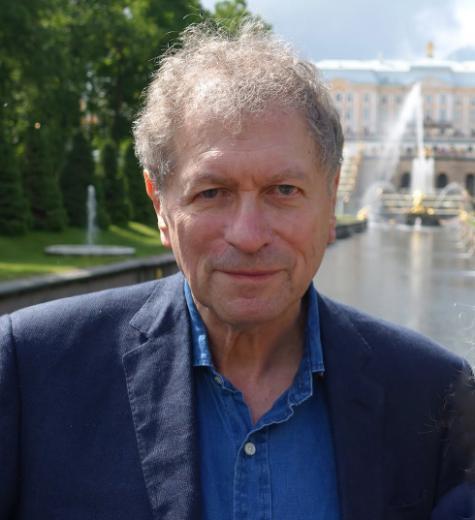New York Medical College Awarded $1,055,837 Grant by John Templeton Foundation to Study Evolutionary Transition of Organisms
A multi-site study to examine how single-celled organisms evolved into larger, more complex organisms, including humans and animals.

New York Medical College (NYMC) was awarded $1,055,837 from the John Templeton Foundation, as part of its Science of Purpose initiative, for a multi-site study to examine how single-celled organisms evolved into larger, more complex organisms, including humans and animals. The study will be led by Stuart A. Newman, Ph.D., professor of cell biology and anatomy and of medicine, and includes collaboration with experimental, computational and mathematical biologists as well as philosophers of biology.
“Some novel features of complex organisms–the tissue layers of embryos, the segments of our vertebral columns–appear to have resulted from the inherent physical properties of certain kinds of cell clusters. But there is a thus-far unexplained role for cellular agency, the apparent capacity of cells to operate according to their own agendas. Individual cell agency is generally under tight control, ‘domesticated,’ in complex organisms, but it reemerges in cancer, for example. We are hoping to learn how evolution tames cell agency, and how, in some pathologies, cells may reacquire it,” said Dr. Newman.
The project will seek to provide experimental, computational, mathematical and philosophical characterizations of the physical conditions relevant to the transitions from cellular to multicellular agency in the evolution of development. Dr. Newman and his collaborators from the University of Texas at Austin, Western Washington University, Autonomous National University of Mexico, Indian Institute of Science and Centre for Theoretical Sciences in Bangalore will explore and test the idea that the mesoscale (i.e., middle-scale) physical properties of multicellular materials serve to scaffold and align unicellular agents during both development and evolution, across a wide range of taxa, yielding a coordinated and integrated locus of organismal agency. Because cellular populations retain the capacity to reassert their agency in cancer, this work could enable novel medical interventions though an understanding of the mutual mobilization of gene expression and physics.
“I am very pleased that the John Templeton Foundation, with the encouragement of Professor Alan Love, principal investigator of the Science in Purpose initiative, and his advisors, has endorsed the long-standing efforts by me and my colleagues to investigate and potentially reframe the relationship between developmental and evolutionary biology and cancer, and has provided sufficient resources to allow us to conduct these multidisciplinary studies at our geographically far-flung venues,” said Dr. Newman.
